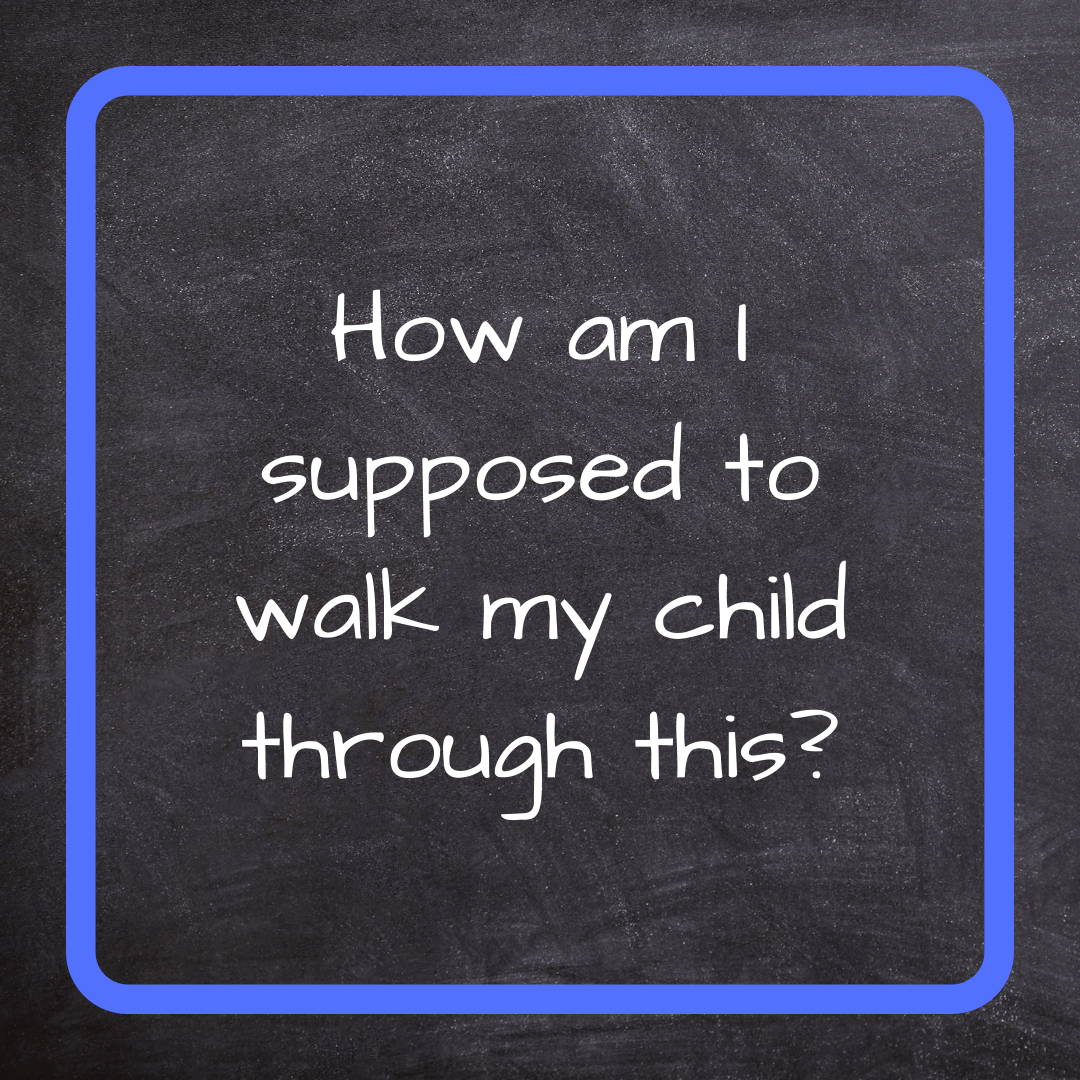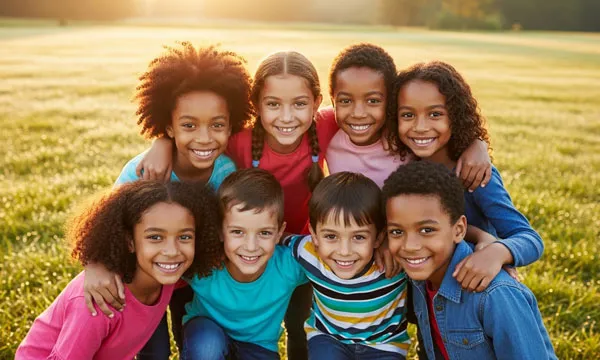
Talking to your children
It’s hard right now being a parent and sending your child to school. While dealing with your own fears and sadness about the tragic mass shooting in Uvalde, Texas, you also want to help your child cope.
First and foremost, let your child know that any of the feelings and questions they have are okay. Let their age guide how you approach the conversation. Preschool aged children don’t need to know at all, if they are unlikely to hear it from anyone outside of their home. A school-aged child is more likely to hear about it at school or from other children, so having a conversation with them at home is important.
Start the conversation if your child doesn’t. Choose a time when you are calm and feel ready to listen. Don’t worry about finding a perfect way to start. One way to begin is by asking what your child already knows. Keep any information you share brief and easy to understand and let your family values guide the beliefs you want to pass along to your child. Encourage questions. Children like adults are better able to cope when they feel they have some understanding of what happened. Ask open-ended questions. Try to answer questions calmly. Pay attention to how much your child wants to talk and be willing to answer the questions that come up for them.
Let your child know it’s ok to have feelings of sadness, anger and fear. Let them know you have feelings too but stay calm and be careful about expressing too much about your own fears. Children often identify with their parents’ feelings about situations. Explain what happened and be curious about what they are feeling. Your child may not want to discuss it at all. That’s ok. Let them know that when they’re ready to talk, you’ll be there.
Young school aged children will often be concerned about whether they will be safe at school. Reassure them, even though you may be feeling fearful. Let them know you, and their teachers and the school staff are all there to keep them safe. It’s important they know that even though bad things happen there are good people all around them to help.
If your child expresses a wish to help, help them come up with a tangible way, such as writing a letter or drawing a picture for first responders. Your child may want to know why this happened. It’s ok to acknowledge you don’t know, or it’s not easy to understand.
Older children may express strong opinions about what happened and what needs to be done. Spend time listening and help them sort through their feelings and ideas. Discuss specific efforts that are in place in their school and in the community to protect them and prevent a tragedy like this from happening.
Other ways to help your child to cope:
- Keep family routines consistent. This helps children feel secure and cope with difficult feelings.
- Turn off the news, so your child isn’t exposed again and again to graphic descriptions about violence.
- Provide your child with comfort—hugging or extra cuddling may help them feel secure and reassured.
- Try to limit exposure to social media for your older child.
- If your child continues to show signs of distress —having ongoing feelings of depression or anxiety, seek out help from the school counselor, or a mental health professional.


